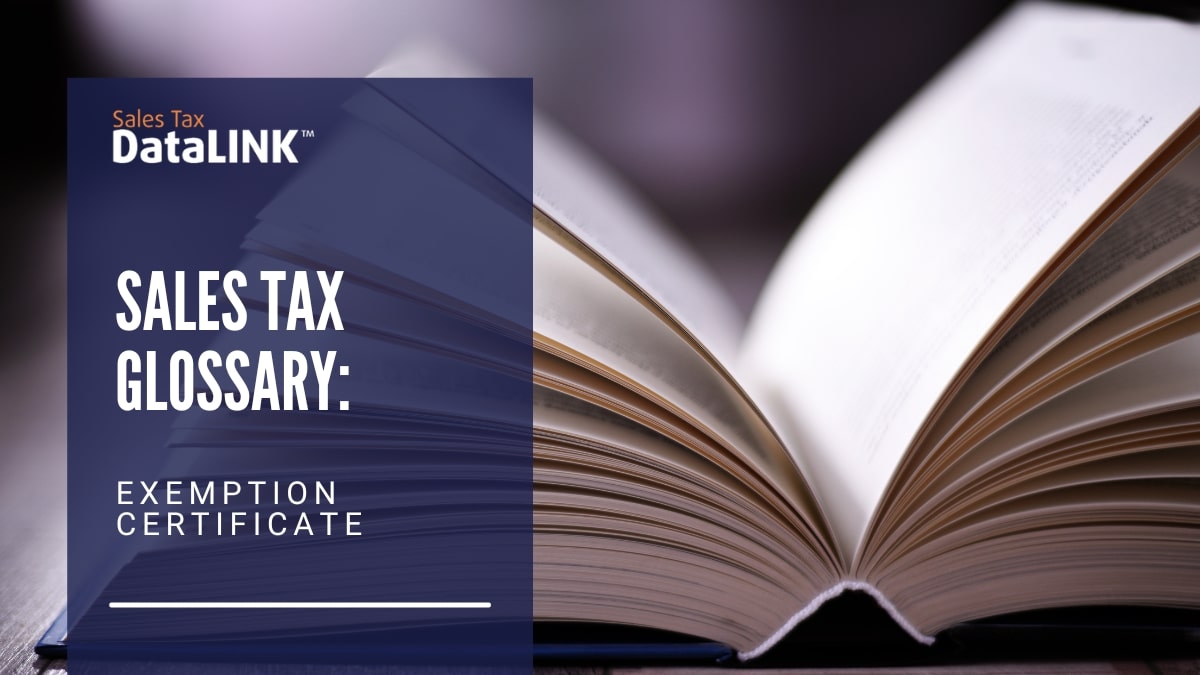It’s just a piece of paper, but it represents a complex process and set of rules. There’s a lot more to exemption certificates than meets the eye. But what exactly is an exemption certificate and how should a retailer go about using them? Let’s go over the bare basics of exemption certificates, how to use them, and what responsibilities retailers have for them. What are Exemption Certificates? Exemption certificates are documents issued to a purchaser that provide documentation to show the sale is exempt from sales tax. Typically certificates are issued by a state agency, such as the Department of Revenue though this varies from state to state. Exemption certificates can exempt a purchaser’s entire purchases from sales tax or only certain types of purchases, depending on how the sales tax laws apply and what the state agency determines during the application process.
How do you use an Exemption Certificate? During purchase, it is the responsibility of the purchaser to provide the exemption certificate for valid transactions. It’s also the responsibility of the purchaser to ensure that the transaction meets the exemption certificate requirements. During the transaction the purchaser delivers a valid exemption certificate to the retailer, the retailer verifies it is a valid certificate and removes sales tax from the invoice, and then the transaction occurs. The purchaser receives an invoice with no sales tax and the retailer saves the certificate with the invoice. What are Retailer Responsibilities for Exemption Certificates? Retailers do not need to determine if an exemption certificate is applicable to the transaction or not, but they do need to ensure that the certificate is valid. Certificates that have expired are not valid and should not be accepted by a retailer for sales tax exemption.
Retailers need to keep the documents on file for transactions with exemptions in case of auditing to provide the appropriate reason for the exemption. Retailers should have processes in place that verify exemption certificates before a transaction. Then the certificates must be filed with the invoice information.




